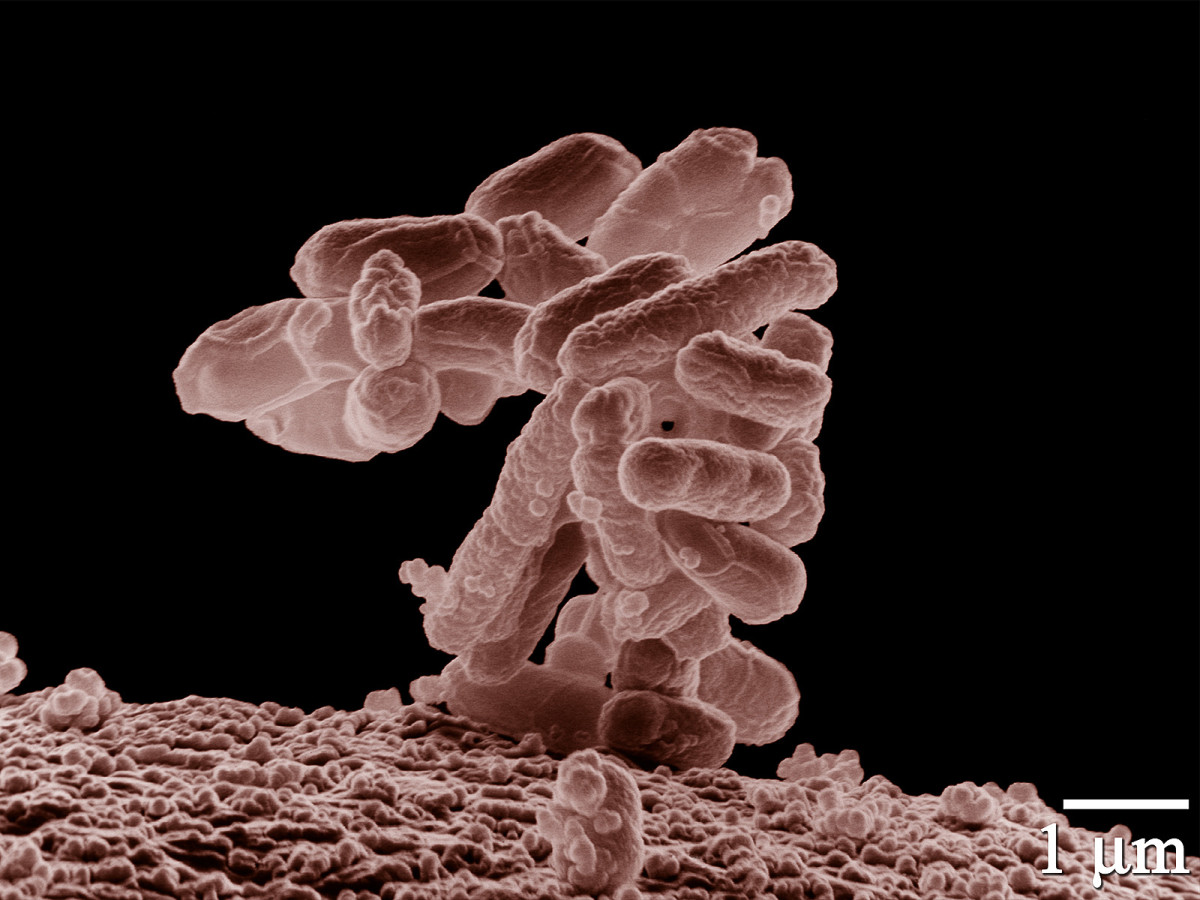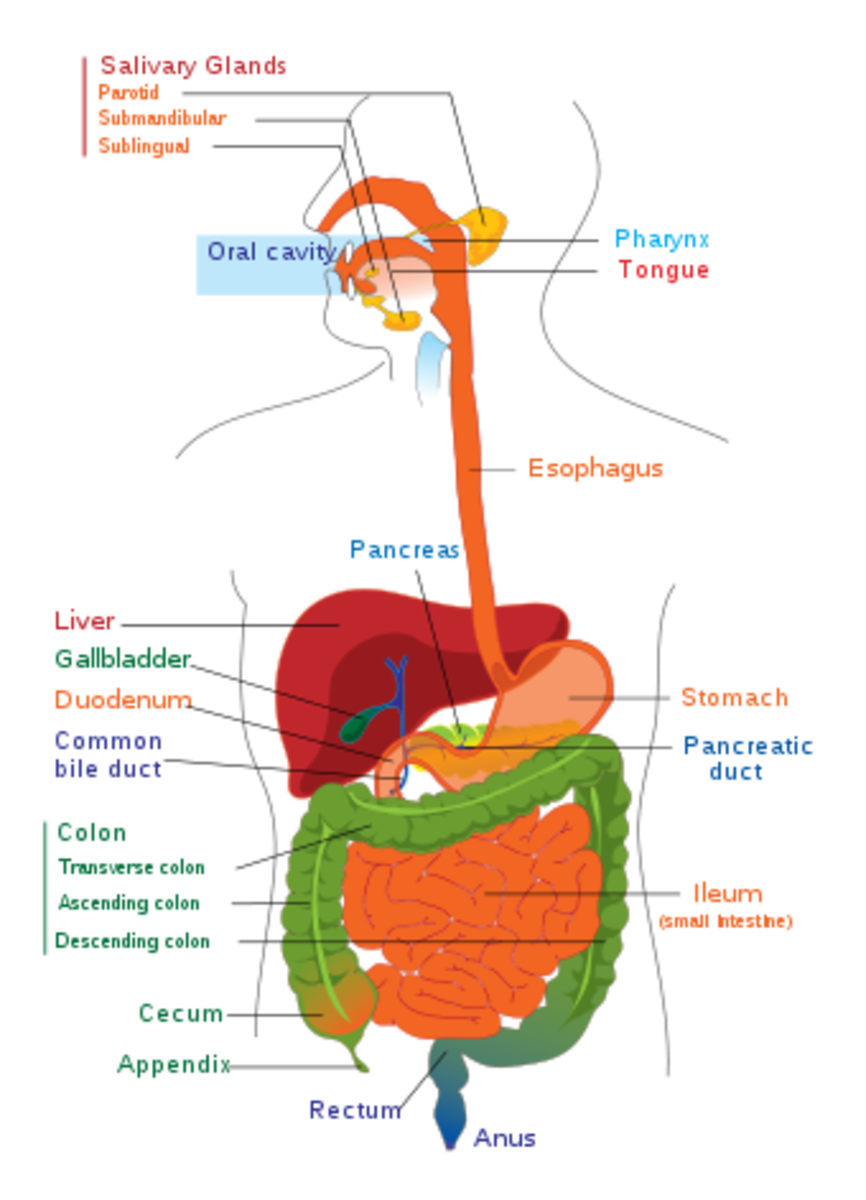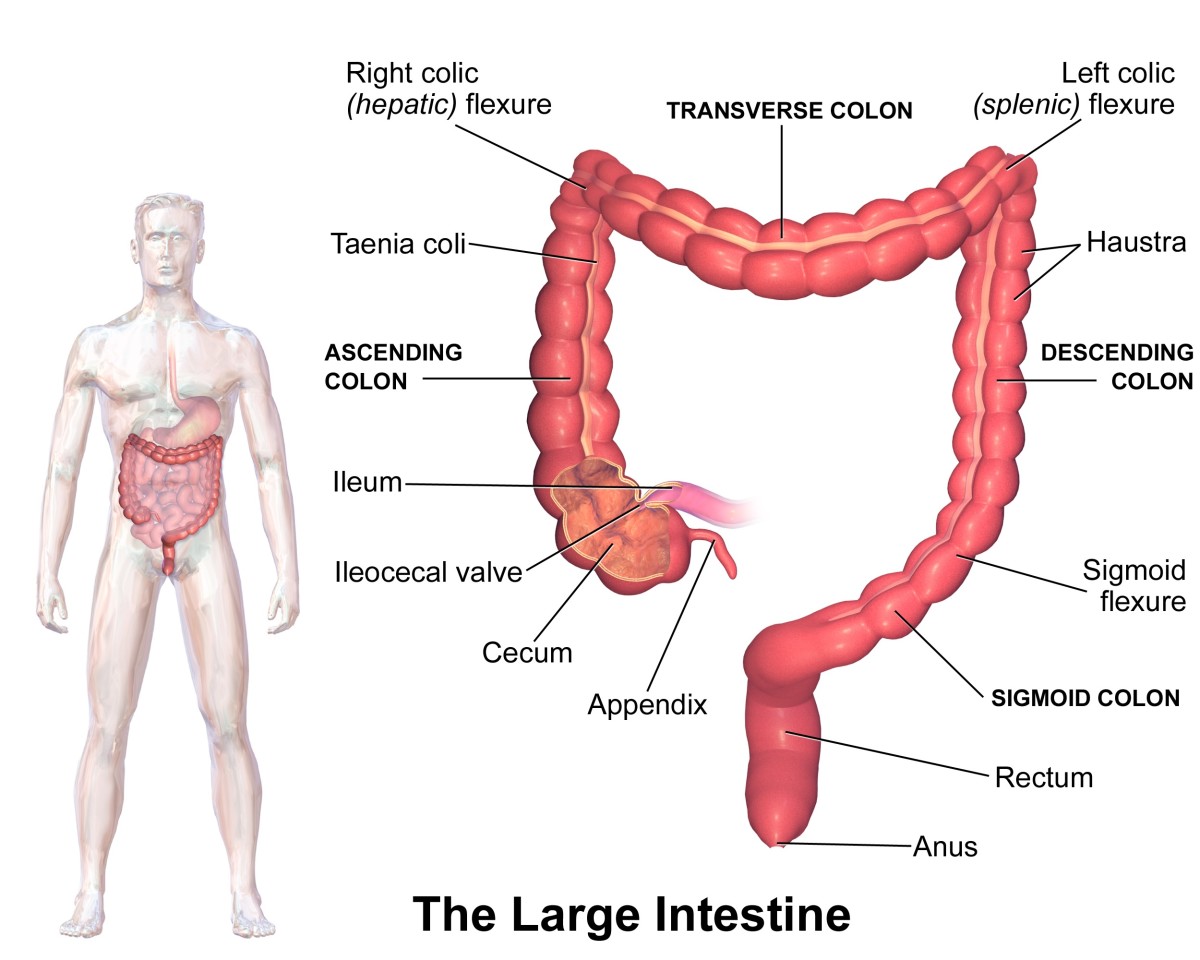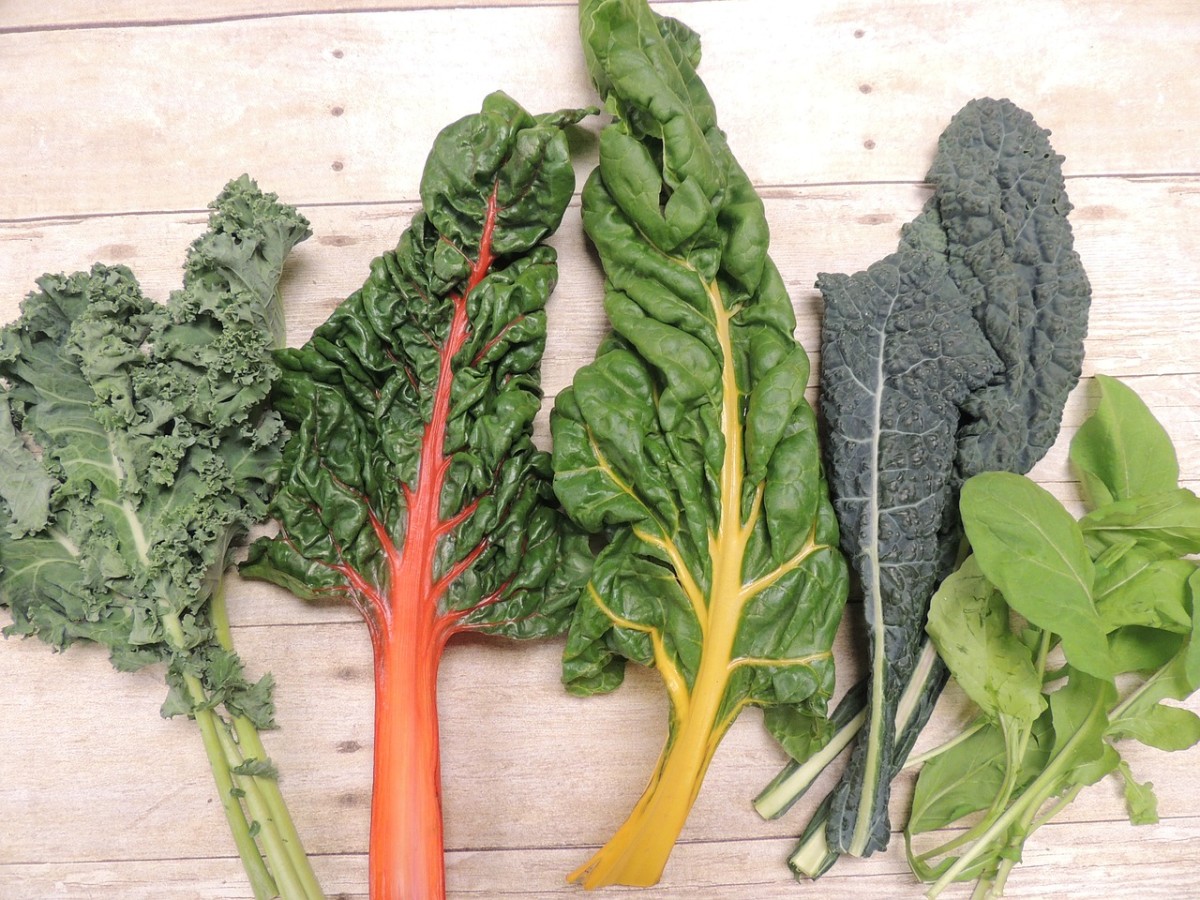Help! I Have a Lot of Gas!
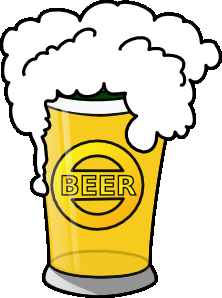
The Pain of Gas and Bloating
Abdominal gas is a normal occurrence but when too much gas has you uncomfortable and embarrassed, it's time to get to the bottom of the problem. In many cases, a few dietary changes can result in less gas, or at least help keep the rumbling to a minimum. In some cases, a medical problem may need to be addressed. If you have problems with gas, don't chalk it up to aging or biology - help is available!
The Causes of Gas
There are two main reasons for gas in the digestive tract: swallowed air and bacterial by-products. You ingest small amounts of air every time you swallow, but the majority of swallowed air comes from carbonated beverages such as beer and soda. Bacterial by-products are created when the normal bacterial present in your colon go to work digesting the food you've eaten. As they work, these bacteria normally produce small amounts of gas - hydrogen, carbon dioxide, and in some people, methane (the really smelly stuff).
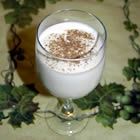
Overproduction of Gas
If you find yourself having too much gas (defined as more than 14 occurrences per day - but "too much" may be far less in some people), keep a record of the foods you are eating that may be causing the problem. Undigested food that passes into the large intestine provides a feast for bacteria who must put in overtime trying to digest the particles. Most people don't digest many forms of fiber, beneficial elements of many fruits and vegetables. Some people cannot digest lactose, a sugar found in milk and other dairy products. Others have problems digesting raffinose, a sugar found in beans. After about age 50, you may find that you have a difficult time digesting any carbohydrates. These undigested sugars and fibers make their way into the large intestine where much of the gas you experience is formed.
The Gas Solution
In many cases, your gas problem can be solved by discovering which enzymes you may be lacking. If you have trouble with dairy, you may be lacking lactase. If beans or cruciferous vegetables, such as broccoli and cabbage, give you gas, you may need an enzyme called alpha-galactosidase to help your body break down the foods before they reach the large intestine. Digestive enzymes can help your body absorb foods and reduce your gas production. Check with a gastroenterologist to help you determine the exact cause of your gas.
If you have been taking antibiotics or other medications, or have been under an extreme amount of stress, you may have developed a small intestinal bacterial overgrowth. Too many bacteria in the small intestine can cause rumbling and gas in the small intestine, which can cause bloating and discomfort. Your doctor can prescribe a colon-specific antibiotic or give you a course of probiotics that can help reduce the overgrowth. While many probiotics are sold over-the-counter and in health food stores, the most potent can be obtained behind-the-counter from a pharmacy without a prescription. Check with your doctor before taking potent probiotics or other dietary supplements.
#1 Best-selling digestive enzymes in America

Doctors Might Not Tell You...
Digestive enzymes could be the answer to your gas problem. The medical community will suggest tests and drugs, but if you are over 40 and notice more foods causing gas, give enzymes a try.

Lifestyle Choices
You can help minimize gas by staying active - get at least 30 minutes of aerobic exercise most days - and managing stress. Eat slowly. Chew your food well. Don't wolf down your meals on the go. Eat enough fiber to keep your digestive tract healthy and moving. Drink water between meals rather than with meals and limit your intake of carbonated beverages, such as beer and soda.


